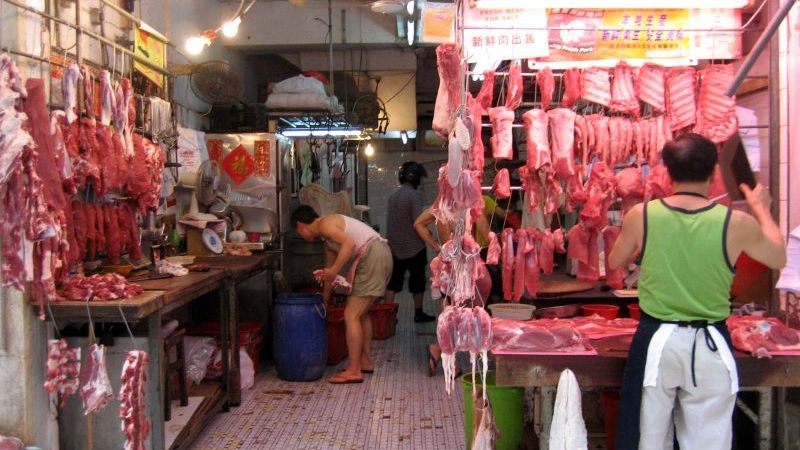
Should we ban wet markets?
Commentators say wet-markets are unethical and a danger to humanity.
As the coronavirus pandemic escalates in Europe and North America, calls are growing for the closure of so-called ‘wet markets’ in mainland China.
Wet markets are marketplaces that sell fresh meat, fish, produce, and other perishable goods. Novel coronavirus is believed to have first spread in the Huanan Seafood Wholesale Market — a wet market in Wuhan City in the Hubei region of China.
While in February the Chinese government said it would ban the trade and consumption of wild animals, reports have emerged that some wet markets in the country have been allowed to reopen.
Dr Anthony Fauci, an infection disease expert who is leading the White House’s coronavirus response, has called for the permanent closure of all wet markets in China. “It boggles my mind how, when we have so many diseases that emanate out of that unusual human-animal interface, that we just don't shut it down,” he told Fox News reporters on Friday. “I don’t know what else has to happen to get us to appreciate that,” he said.
Fauci calls for action have been echoed by ethicists like Peter Singer, who says that wet markets pose a major risk to humanity and are also sites of profound animal cruelty. In a recent Project Syndicate article co-authored with Italian academic Paola Cavaliere, Singer said that the risks posed by wet-markets to humanity “decisively outweigh[…]” any economic arguments in favour of keeping them open.
“Few mention, let alone confront, the underlying cause of the epidemic…Both the 2003 SARS (Severe Acute Respiratory Syndrome) epidemic and the current one can be traced to China’s 'wet markets'”.
In addition, Singer argues that wet-markets are places of horrendous animal suffering, and reflect a prejudicial attitude toward non-human animals:
“Thousands of sentient, palpitating beings endure hours of suffering and anguish before being brutally butchered…If we stop to reflect on what we are doing – and mostly we do not – we are prone to justify it by appealing to the alleged superiority of our species, in much the same way that white people used to appeal to the alleged superiority of their race to justify their subjection of “inferior” humans”.
No everyone, however, is supportive of a ban on wet-markets. Bloomberg columnist David Fickling said that wet-markets are actually a “healthier and more sustainable” alternative to supermarkets, and that they “do a good job of providing households with clean, fresh produce”.
“There's plenty to complain about in the way that China downplayed and hushed up the initial outbreak until it was all but inevitable it would become a worldwide pandemic. Closing all wet markets, though, isn't the solution”.
Should we ban wet-markets?
Xavier Symons
Creative commons
https://www.bioedge.org/images/2008images/wet_market.jpg
animal rights
china
coronavirus
pandemics
wet markets
